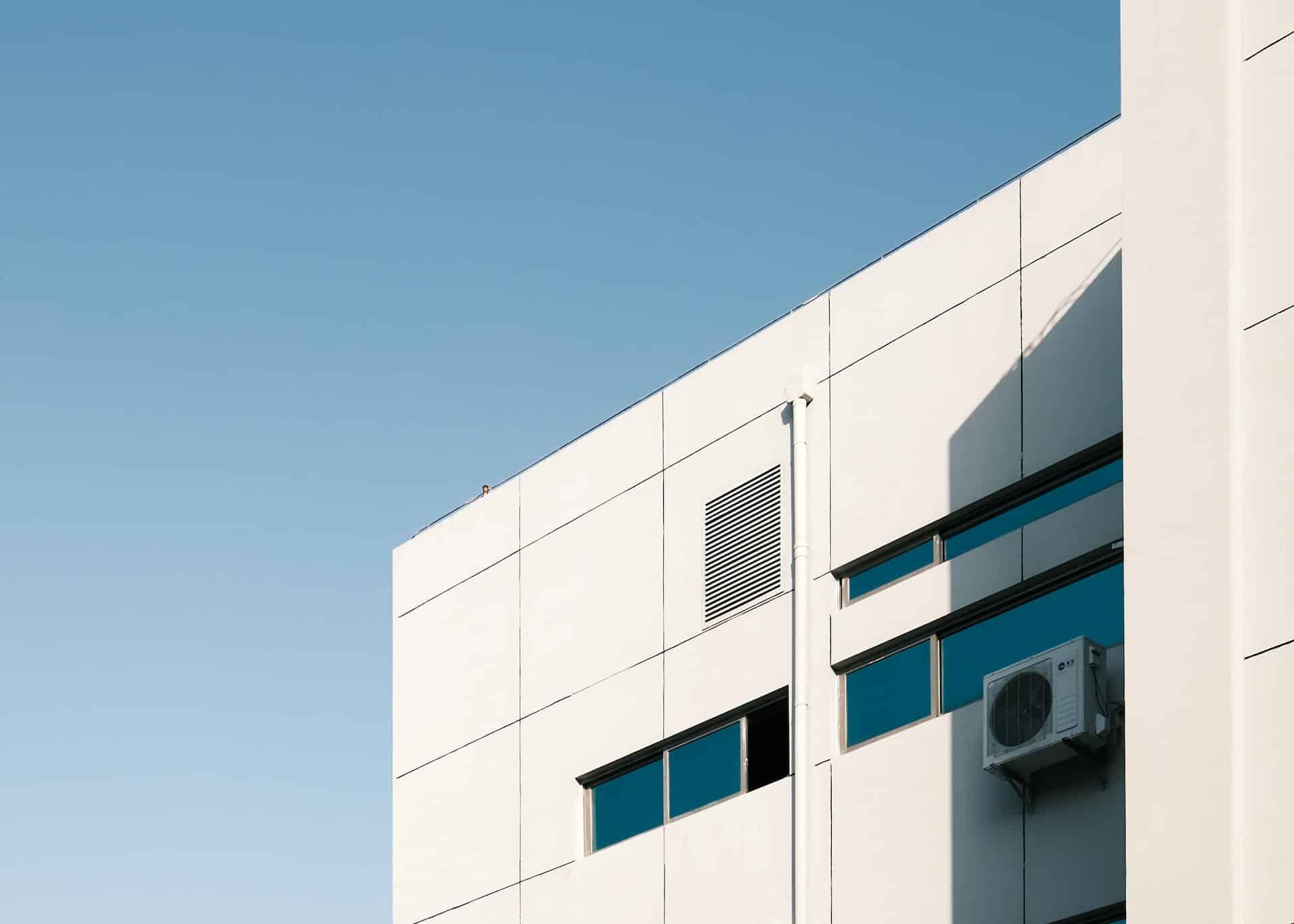Energy efficiency and sustainability are becoming increasingly significant concerns for homeowners looking to save money on utility bills while reducing their environmental impact. With heating, ventilation, and air conditioning (HVAC) systems accounting for a substantial portion of residential energy consumption, investing in energy-efficient solutions is essential to create a more sustainable home environment.
Upgrading to an energy-efficient HVAC system provides numerous benefits, including lower energy costs, improved indoor air quality, and reduced greenhouse gas emissions. Energy-efficient systems can consume up to 50% less energy compared to older systems, resulting in significant long-term savings on utility bills. Furthermore, with advanced filtration and ventilation technology, these systems contribute to maintaining a cleaner and healthier indoor environment. By reducing the demand for non-renewable energy sources, energy-efficient HVAC systems contribute to environmental sustainability and help combat climate change.
Implementing practical energy-saving strategies in your daily routine can further enhance the benefits of your energy-efficient HVAC system because you can significantly reduce energy consumption while maintaining a comfortable living environment. In this in-depth guide, we will discuss the benefits of energy-efficient HVAC systems, available options in the market, and practical tips to help you reduce energy consumption while maintaining a comfortable living space.
Partner with Rightemp Home Services Inc, which specializes in energy-efficient systems, to identify the best solution tailored for your home and reap the benefits of increased savings and sustainability.
Benefits of Energy-Efficient HVAC Systems
1. Reduced Energy Costs
Energy-efficient HVAC systems often consume up to 50% less energy compared to older systems, leading to significant long-term savings on utility bills.
2. Improved Indoor Air Quality
Advanced filtration and ventilation technology in energy-efficient HVAC systems helps maintain a cleaner and healthier indoor environment for you and your family.
3. Environmental Sustainability
By reducing the demand for non-renewable energy sources, energy-efficient HVAC systems contribute to environmental sustainability and help combat climate change.
Selecting an Energy-Efficient HVAC System
1. Consider Your Regional Climate
When choosing an energy-efficient system, it’s crucial to consider your local climate to ensure optimal energy savings and performance.
2. Evaluate the Size of Your Home
The efficiency of your HVAC system depends on the size of your property. An oversized or undersized system can negatively impact energy consumption.
3. Examine Efficiency Ratings
Make sure to check the Seasonal Energy Efficiency Ratio (SEER) for cooling systems and the Annual Fuel Utilization Efficiency (AFUE) for heating systems when comparing different HVAC options.
4. Seek Professional Assistance
Work with a licensed HVAC technician to help you determine which energy-efficient solution best suits your home’s needs and budget.
Practical Energy-Saving Tips for HVAC Systems
1. Adjust Your Thermostat
Optimize your energy consumption by adjusting your thermostat settings appropriately for each season. Installing a programmable thermostat can make this process more manageable.
2. Schedule Regular Maintenance
A well-maintained HVAC system works more efficiently, reducing energy consumption and prolonging its lifespan. Schedule regular maintenance checks and cleanings with a licensed technician.
3. Insulate Your Home Properly
Proper insulation is essential for maintaining a comfortable indoor environment and reducing energy waste. Make sure your home has adequate insulation, particularly in attics and crawl spaces.
4. Adopt Smart HVAC Technologies
Invest in smart thermostats, energy-efficient filters, or home zoning systems to enhance the efficiency of your HVAC system and reduce energy consumption.
Common Types of Energy-Efficient HVAC Systems
1. High-Efficiency Furnaces
Modern high-efficiency furnaces are designed to provide maximum energy savings with AFUE ratings of 90% or higher, minimizing heat loss and reducing fuel consumption.
2. Energy-Efficient Air Conditioners
Air conditioners with high SEER ratings consume less energy while providing consistent cooling performance. Look for systems with a SEER rating of 14 or higher for optimal efficiency.
3. Heat Pumps
Heat pumps are an energy-efficient alternative to traditional furnace and air conditioner systems, as they transfer heat between the indoor and outdoor environment instead of generating it.
4. Ductless Mini-Split Systems
These efficient and flexible cooling and heating systems allow you to control the temperature independently in each room, providing customizable comfort while reducing energy consumption.
Conclusion
Embracing energy-efficient HVAC solutions can be a game-changer for homeowners, resulting in long-term savings, improved indoor air quality, and a reduced environmental footprint. By following our comprehensive guide, you can make an informed decision while selecting the best energy-efficient HVAC system for your home and implementing practical tips to optimize energy consumption.
Begin your journey towards a more sustainable and comfortable living environment by partnering with Rightemp Home Services Inc, which specializes in energy-efficient systems, to experience the benefits of increased savings and sustainability. Contact us today to learn more about our HVAC services in Murrieta.





